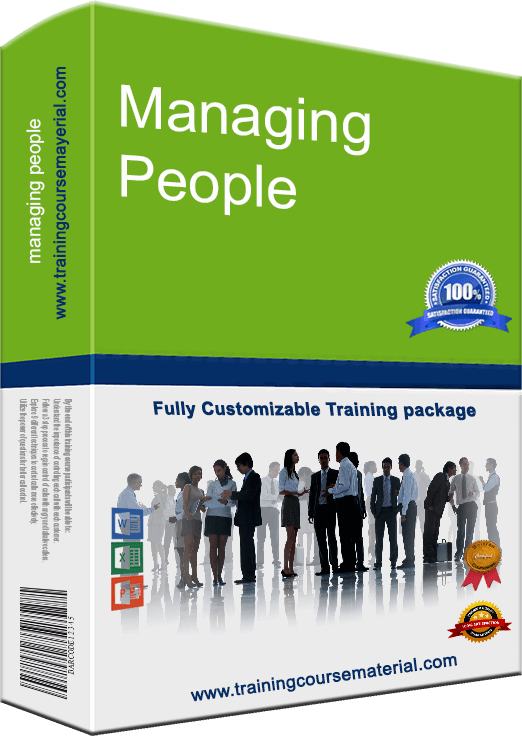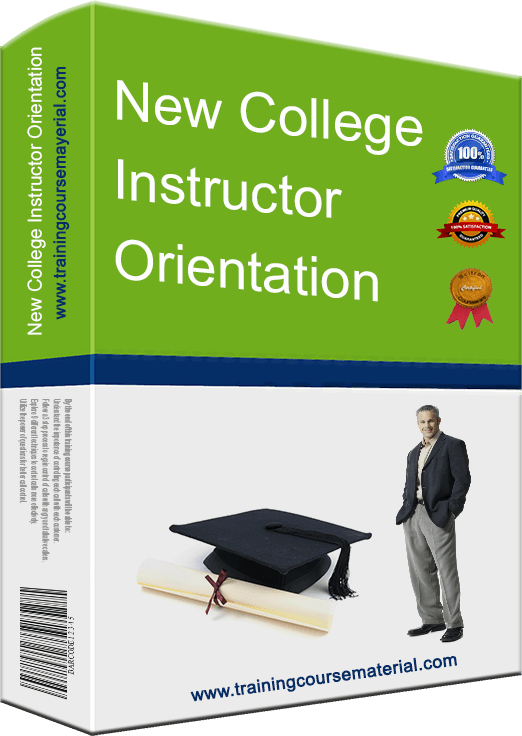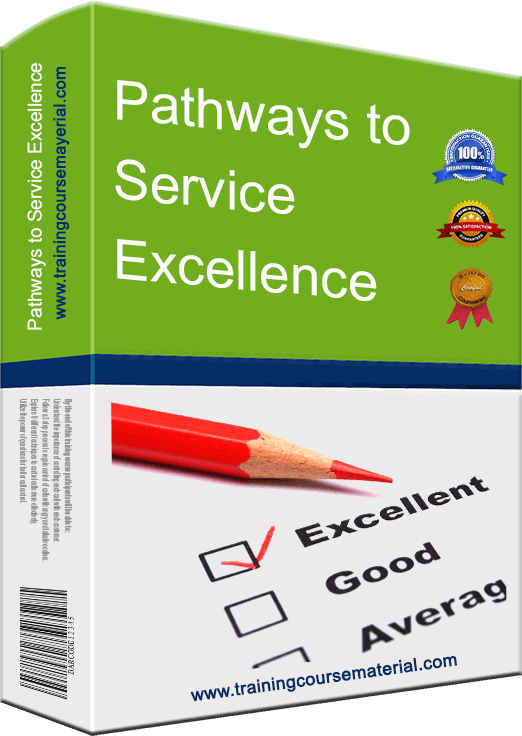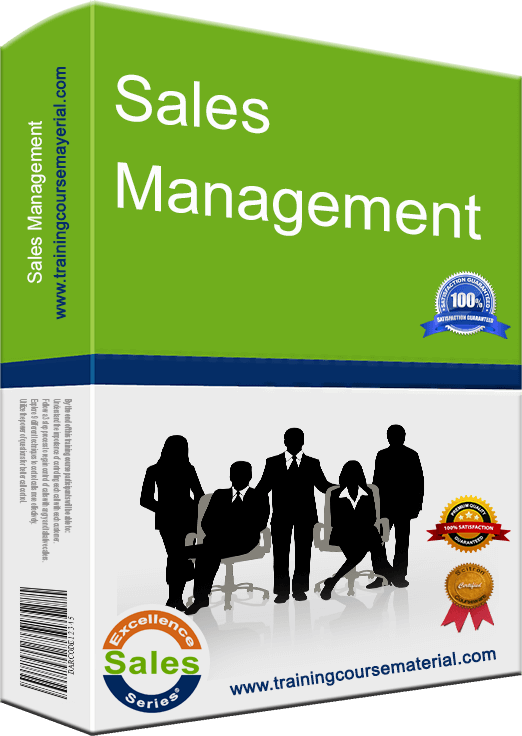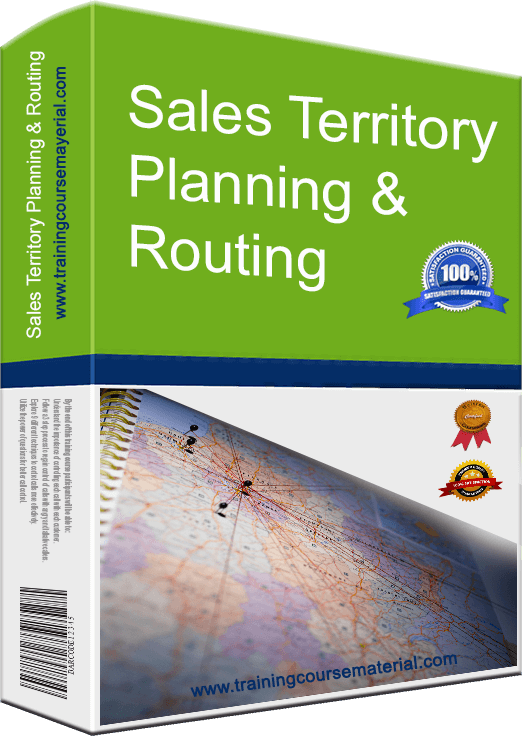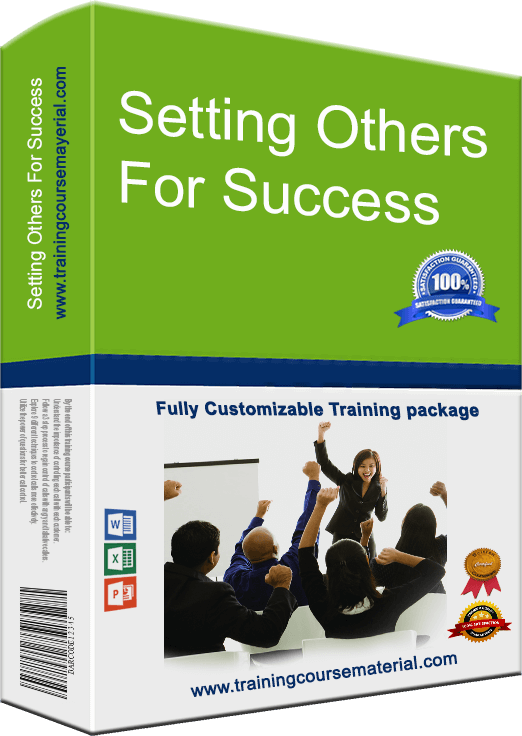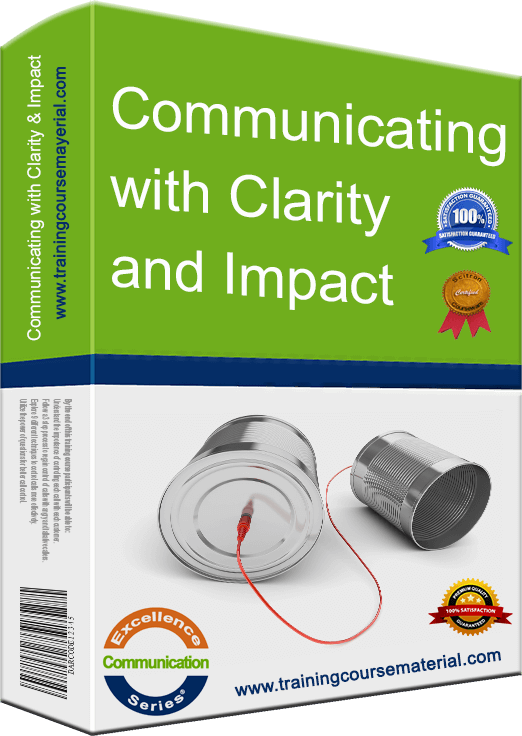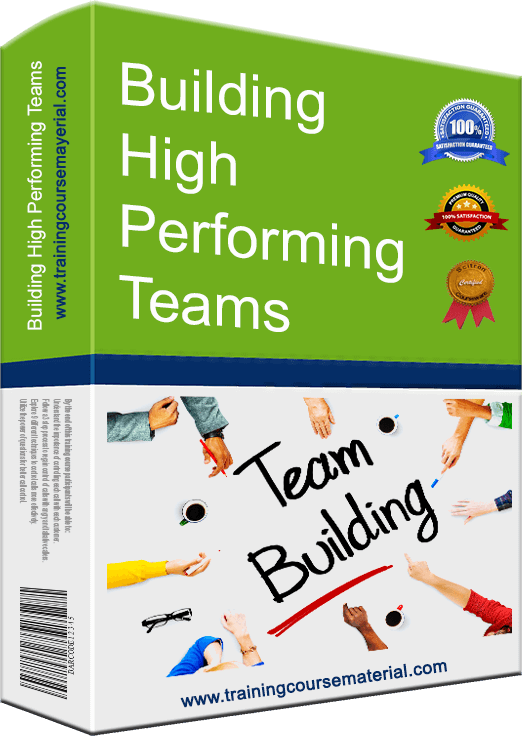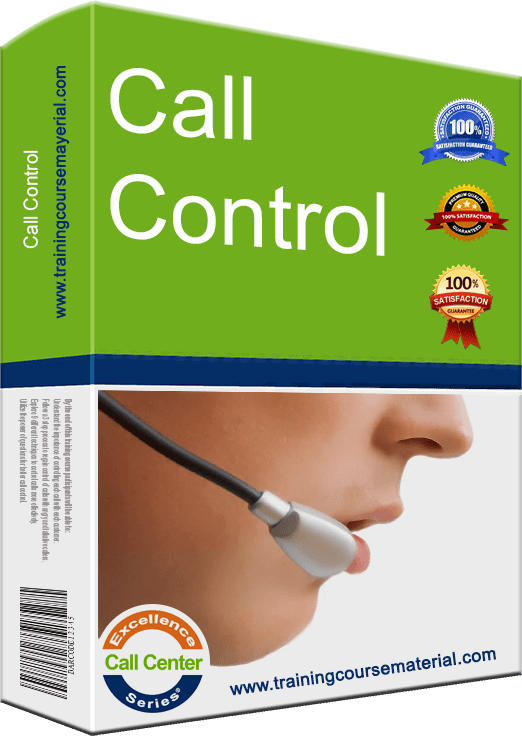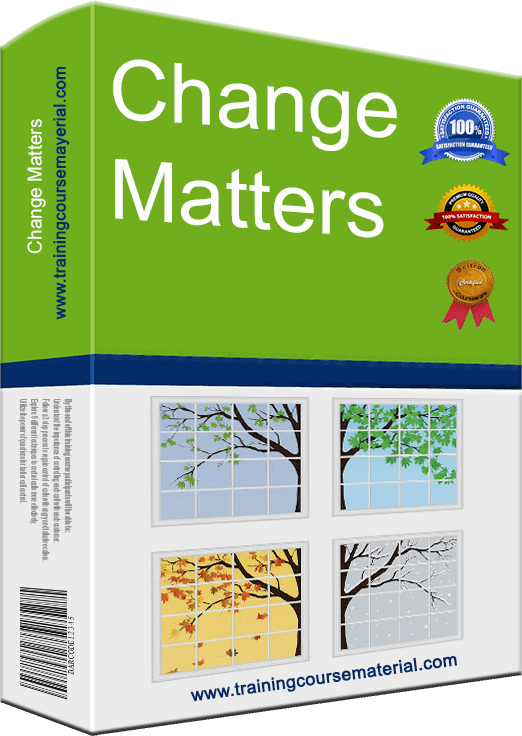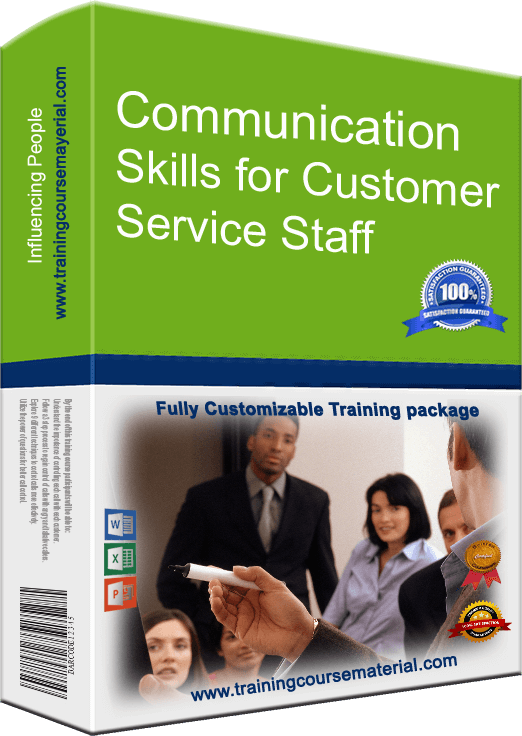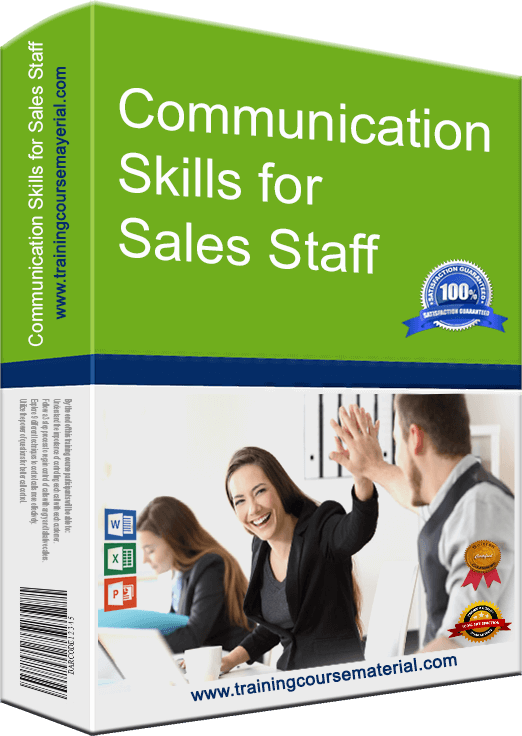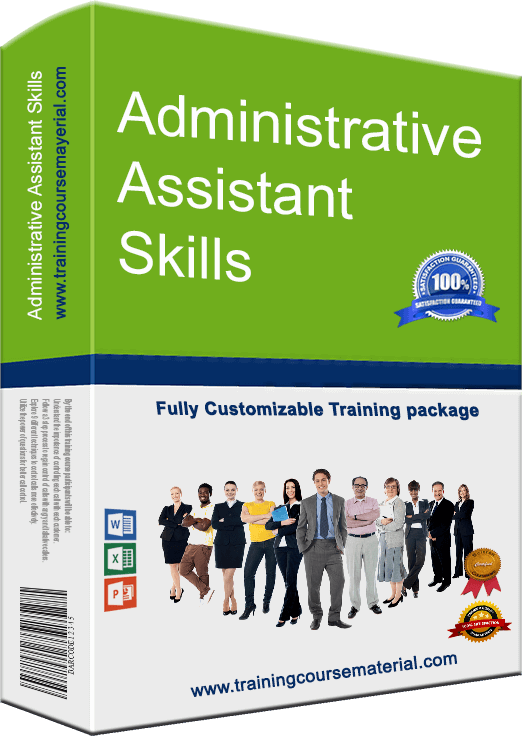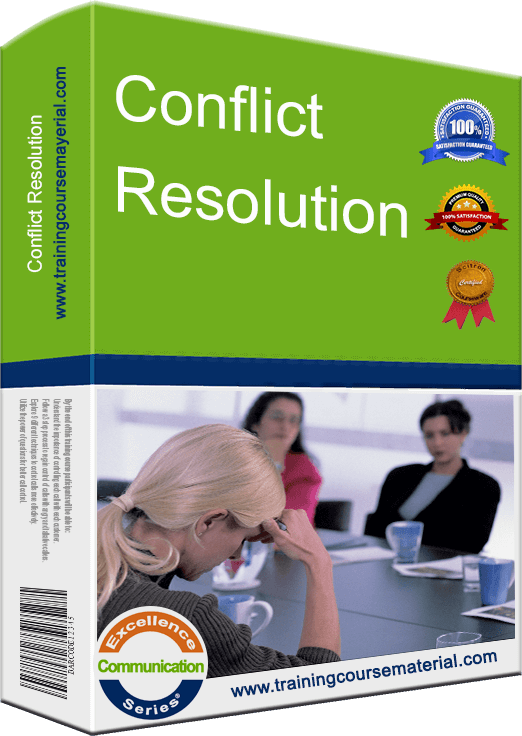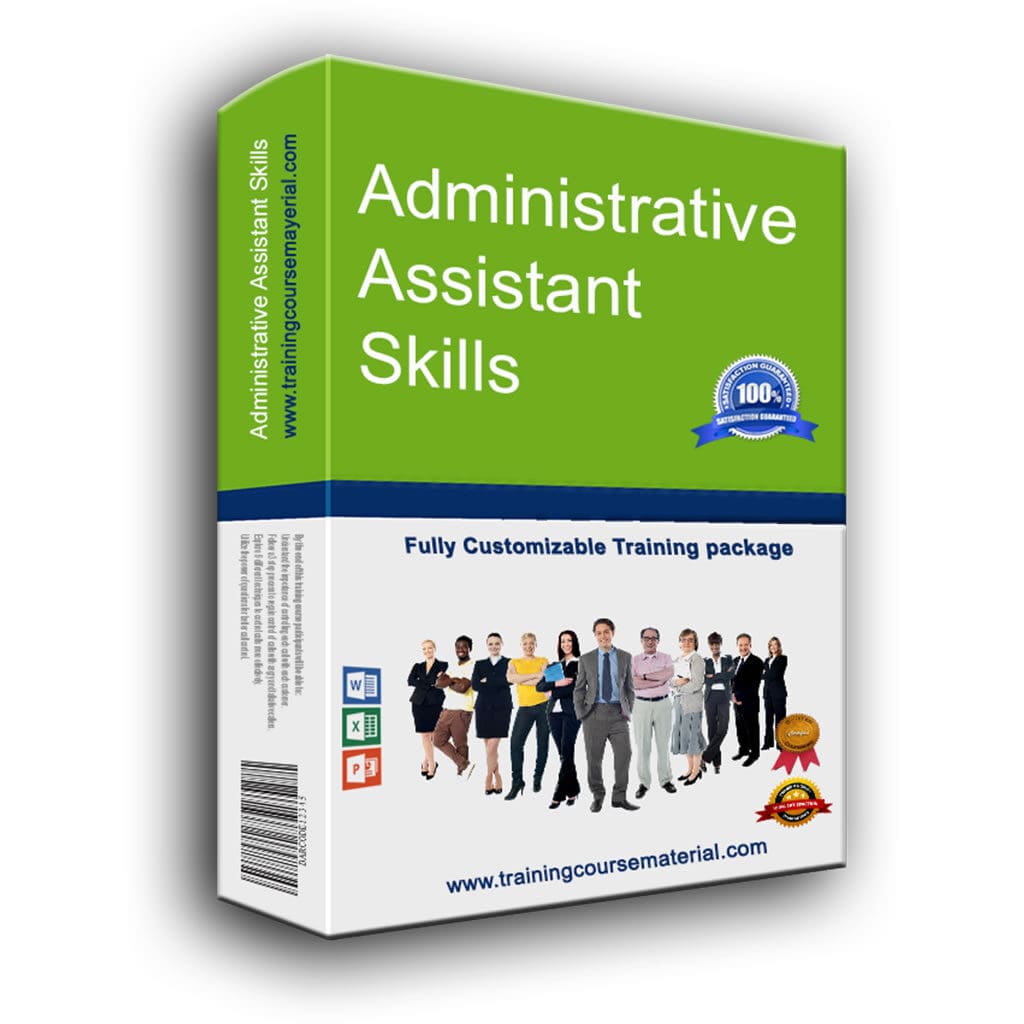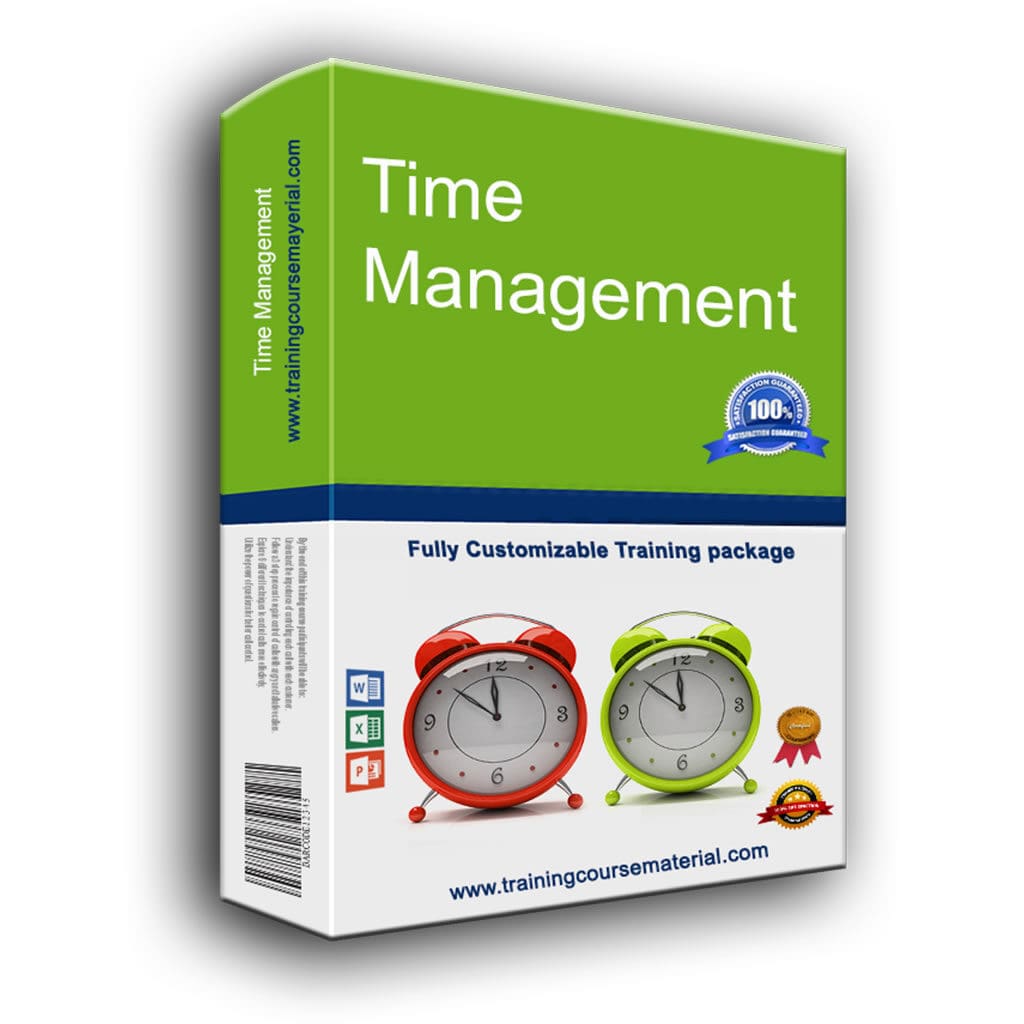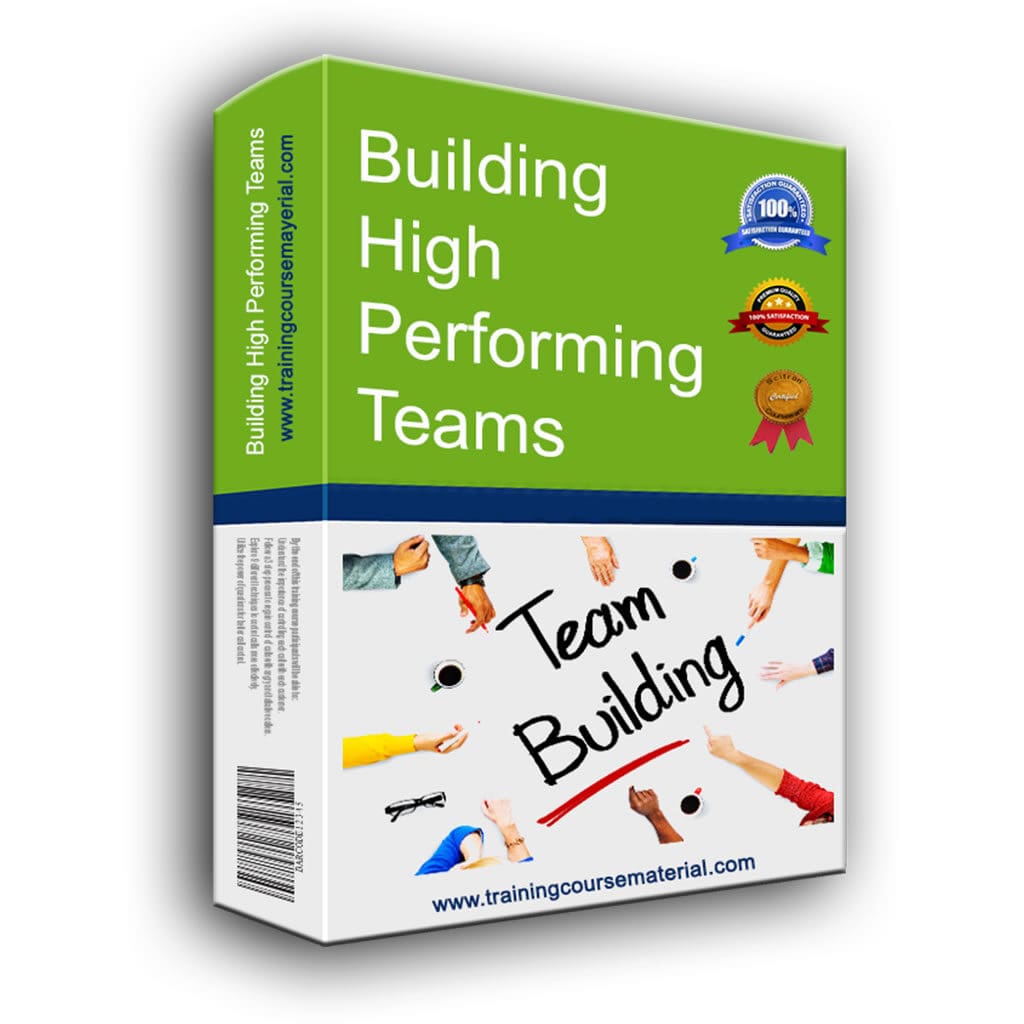Make your meetings work
Are you attending too many meetings?
Are they a waste of time with no real purpose and a few decisions actually come out of them? unfortunately that is actually the case in many organizations. If run poorly, meetings often slow things down, are too long and can make straightforward issues complicated and can even be the perfect platform for talkative people. What is the case with meetings in your organizations? if your organization is like most organizations then most of the meetings are a waste of time.Time management experts determined that 53% of all time spent in meetings is wasted which is a scary number considering that most businesspeople spend at least 25% of their working hours in meetings. Poorly run meetings can be disastrous so lets first look at reasons why meetings go wrong
- Are there too many meetings?
Are you attending too many meetings? a lot of time spent discussing topics that may or may not be important. It's no surprise that many people think "how am i supposed to get my job done with all these meetings ?"
-Do they start and end on time?
Meetings should start and end on time. Unfortunately that is not the case in may meetings where the tendency is to wait for those who show up late which is a complete waste of time for everyone attending the meeting.
- Do you ask yourself "What are we doing here ?"
Unfortunately most meetings do not have a clear agenda that is circulated to all attendees in advance so many things can throw it off track like personal agendas, diversions and wandering off topic when the meeting has no clear agenda for getting from the beginning to end with clear focus on the meeting objective.
-Do you ask yourself "What am i doing here ?"
Some people simply come to the meeting unprepared or even don't know or not sure why they are attending this meeting. That means a lot of time will be wasted getting everyone up to speed. That's why having a complete agenda prepared in advanced and circulated to all people involved in the meeting is essential to make sure everyone knows what's the purpose of the meeting and what is, his/her role in the meeting and also prompts people to come prepared.
-Is it a Platform for talkative people ?
there's usually one in each meeting , he/she likes to talk and finally got an audience and it's his/her time to be the star of the show, they dominate the meeting and make their point as loudly and as often possible, the problem is that these individuals often intimidate others attending the meeting and waste a lot of time.
Meeting too long ?
Some meeting leaders don't let the participants go after the business at hand is completed while other meetings drag on and on well past the allocated time. Not minding that people may have other meetings or more important tasks to do.
In Fact if run properly, meetings can be a great way to communicate face to face to groups, build teams, improve the quality of decisions drawing from a variety of different experiences and getting to know people better. The following are some great advice for having more effective meetings:
1. Start on time and end on time.
Every meeting should have established start and end times. Be sure to start your meetings at the appointed time, and run no longer than the established end time. Sure, you can occasionally make exceptions to the end rule when meeting participants agree to extend the meeting, but you’ll start losing participant effectiveness as they begin to worry about other commitments.
2. Have an agenda.
An agenda—the plan for your meeting—is essential. Don’t even think about winging a meeting without it. Even better, distribute the agenda to participants before the meeting. This way, meeting participants can be prepared for the meeting in advance, and you’ll multiply its effectiveness many times over.
3. Be prepared.
It takes only a little time to prepare for a meeting, and the payoff is well worth it—significantly increased meeting effectiveness. This should include an initial chairperson’s orientation speech in which you summarize the reason the group is meeting and the desired decisions or actions that will result.
4. Maintain focus.
Stay on topic at all times and avoid the temptation to get off track or to follow interesting (but unproductive) digressions that take you no closer to solving the issues that were the reason for meeting in the first place. Digressions and off-topic discussions might be entertaining, but they are a waste of time for everyone involved. Stick to the topic and the timelines you set for each item on the agenda. Vary from that only with the permission and agreement of the group.
5. Have fewer but better meetings.
Makes sense, doesn’t it? Schedule meetings only when they are absolutely necessary. At all costs, avoid standing meetings such as, “We’ll meet every Tuesday at 2 P.M.,” which encourages meeting for meeting’s sake, instead of with a clear sense of purpose. And when you call a meeting, make
sure that it has an agenda and that you do whatever you can to keep it on track and effective. And if the reason for calling a meeting is resolved prior to the start time, cancel it. Everyone will be impressed and grateful that you did.
6. Think inclusion, not exclusion.
Don’t just invite anyone and everyone to your meetings—select only those participants necessary to get the job done. Likewise, don’t exclude people who need to be present for the matters being discussed. Then make sure all who are invited know why and what is expected of them when they attend. This helps them each to prepare and to bring the appropriate information with them.
7. Capture action items.
Have a follow up action plan or a system for capturing, summarizing, and assigning action items to individual team members, which can often be handled by assigning roles to attendees such as scribe,timekeeper, and summarizer. And be sure to follow up team member progress on assigned action items to ensure that they get done.
| Effective Meeting | Ineffective Meeting |
| Have an Agenda | Have no purpose/Agenda |
| Start on time | Start late |
| End on time | End late |
| Only invlove relevant | Involve too people who don't need to be there |
| Have a chairperson | Have no leader |
| Stick to Agenda | No clear agneda |
| Provide refreshments | No breaks, no refreshments |
| Happen in comfortable, well prepared rooms | Happen in noisy, unsuitable , uncomfortable rooms |
| Lasts no more than 30 minutes | Lasts forever |
| Have no more than 12 people | Have more than 20 people |
| Allow everyone to contribute | Ignores quiet people |
| Have clear outcomes | Have no outcomes |
| Well prepared by all participants | No effort in preparation |
| Valuable decisions come out of them | few good decisions come out of them |
| Interesting |
Boring |
| Never waste time | wastes time in irrelevant conversations and deliberation |
| Rarely Happen | Happens all the time |
For more on leadership and management skills, check out our instant download Leadership skills training package "Lead, Motivate & Inspire" and management skills customizable training package "Managing People"
Leadership & Management Related Articles
- Action Centered Leadership
- Effective goal setting
- SMART goals
- Are you micromanaging?
- Managing Up
- Preparing a business plan
- Steps to Evaluate your staff
- Steps to discipline employees
- Make your meetings work
- Managing teams performance
- What to watch out for when evaluating employees
- Situational Leadership
- Leaders and Corporate culture

34 Full Courses & 6 Mini Courses
Get all available programs
& save ...!!
Price: $4499.95 $2995.95
Great Value For Money
Read More
Are You a
Visual, Auditory or Kinaesthetic ?
How well do you
cope under
pressure?
.
Are You A
people person?
.
Forward looking, or
Stuck in a time
warp?
How content
are you?
.
How soft-centred
are you?
.
Find Out
Your Leadership
Style
How
Emotionally intelligent are You ?

|
+ | 
|
The Presenter-Trainer Package®
Train The Trainer
Presenting With Impact
Price: $359.95 $299.95
SAVE $59.95
Read More
Retail Excellence Series®
3 Complete Courseware
Packages in 1
Frontline Retail Selling Skills
Retail Sales Planning & Forecasting
Passionate Retail Experts
Price: $539.855 $349.95
Pay for 2 Get 1 Free
Read More
Sales excellence series®
3 Complete Courseware
Packages in 1
Sales Management
Professional Selling Skills
Sales Territory Planning & Routing
Price: $539.855 $349.95
Pay for 2 Get 1 Free
Read More
Call Center Excellence Series®
4 Complete Courseware
Packages in 1
Handling angry and difficult callers
Call control
Find a way to say YES!
Successful telephone debt collection
Price: $719.95 $449.95
Pay for 2 programs and Get 2 programs Free
Read More
Communication Excellence Series®
4 Complete Courseware
Packages in 1
Communicating with clarity and impact
Negotiating for results
Conflict resolution
Presenting With Impact
Price: $719.95 $449.95
Pay for 2 programs and Get 2 programs Free
Read More
Customer Service Excellence Series®
5 Complete Courseware
Packages in 1
Vision, Energy & Passion To Serve
Pathways to service excellence
Find a way to say YES!
Passionate Retail Experts
Setting others up for success
Price: $899.75 $599.95
Pay for 3 Get 2 Free
Read More
Instant Download
Training packages
Price: $199.95 $179.95
No matter who you are, we all have 168 hours each week. Your ability to best utilize those 168 hours will ultimately determine your success. Using self-discovery, hands-on activities and innovative concepts, throughout this high energy training program, participants will learn how to get better control of their time and their life in general.
Price: $199.95 $179.95
A highly engaging one-day training program packed with a plethora of fun activities and games focusing on the key characteristics of high performing teams.
Price: $199.95 $179.95
All you need
to deliver a great training!
Our training material packages come with all you need to provide
a professional and accelerated learning solution with

High Impact
Power Point Slide Deck
To support immersive learning, a high impact professionally designed power point slide deck to engage trainees at all levels.

Student
Workbook
A comprehensive reference workbook you can give out to your class participants as a quick future reference.

Trainer
Guide
With step-by-step clear directions with tips and suggestions on what to say and how to present each slide.

Activity
/Exercise Sheets
Various training material and support documents to help you both explain and debrief the different exercises, activities and games Plus a fun final Jeopardy style review game as a fun ending for your training program.

Additional
Support Documents
To ensure you have all you need to deliver a complete and professional training program, additional supporting documents are included with each full course material package. From training evaluation forms to 5 different certificate templates that you can edit and hand out to your participants at the end of your training.

Job Aids
& Forms
Specific forms designed to extend and reinforce the training that participants can utilize back on the job to help them apply the new learned concepts (Select training material packages)


